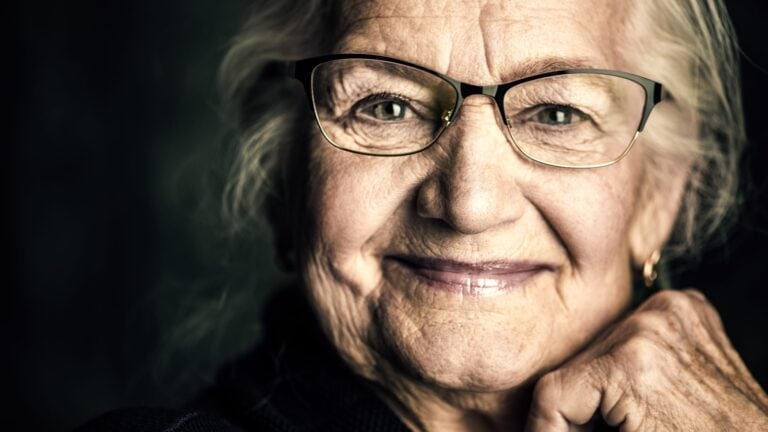12 mental health struggles women are finally talking about openly
Women are breaking decades of silence around mental health, reshaping stigma into solidarity and treatment.
For a long time, women’s mental health issues were brushed aside as “just stress” or “being emotional.” But times are changing, and women are finally permitting themselves to speak openly about the struggles that affect their daily lives. These conversations are meaningful because they help break stigma, encourage treatment, and remind women that they’re not alone. Silence used to be the default; today, honesty is the power.
Research backs this shift. Women are nearly twice as likely as men to experience anxiety or depression. Yet, many never sought help in the past due to shame or fear of being judged. Now, social media platforms, podcasts, and support groups have become safe spaces for women to share their stories. This visibility is creating a ripple effect, helping more women recognize their symptoms and seek care without guilt.
Loneliness

Despite being connected online, many women admit to feeling lonely. Women sometimes report feelings of loneliness, driven by busy schedules, lack of community, or isolation in relationships. Talking about it openly has made it clear that loneliness isn’t something to be ashamed of; it’s a health issue with real impacts on both mental and physical well-being.
Anxiety disorders
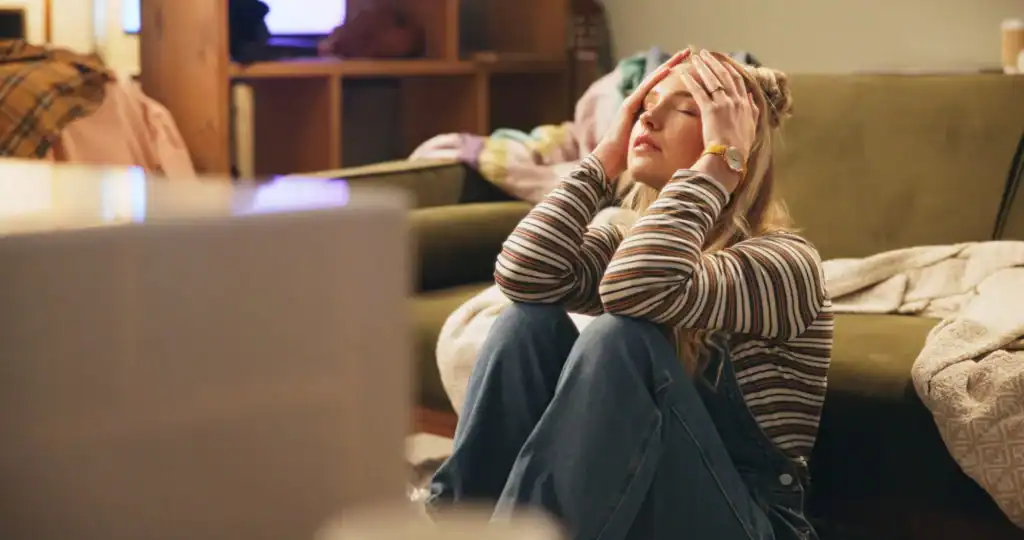
Anxiety is one of the most common struggles women face, and it doesn’t always look like panic attacks. For many, it manifests as constant overthinking, excessive worry about the future, or an inability to relax, even when things are going well. The Anxiety & Depression Association of America reports that nearly 23% of women experience an anxiety disorder each year, compared to 14% of men. Talking about it has helped women understand that this isn’t a weakness; it’s a condition that can be treated.
Menopause and mental health

Menopause has long been treated as a taboo topic, but more women are opening up about its impact on mood, sleep, and emotional stability. A lot of women experience depression during menopause. These conversations are changing how society views aging, encouraging women to seek both medical and emotional support without embarrassment.
Postpartum depression
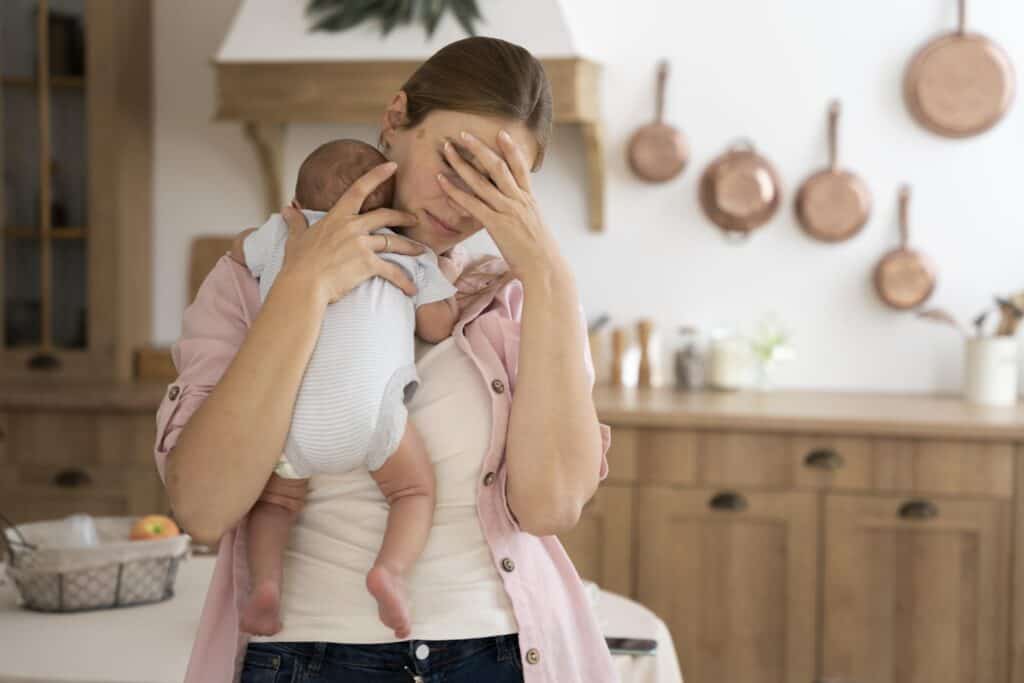
Motherhood is often painted as blissful, but many women struggle in silence with postpartum depression (PPD). Symptoms range from sadness and exhaustion to detachment from their baby, making mothers feel ashamed or “unfit.” Studies show that 1 in 8 women experience PPD, but conversations online and among friend groups have helped normalize it. Women now feel safer admitting they need help, which is a huge shift from even a decade ago.
Workplace burnout

Burnout isn’t just a buzzword; it’s a genuine mental health crisis for women. Balancing careers, family responsibilities, and personal life often leaves women feeling stretched too thin. Wellness Hub found that 46% of working women reported feeling burned out in 2023, with many citing “having to be always available” as a factor. Talking about burnout has helped women push for healthier boundaries, flexible schedules, and workplace wellness programs.
Trauma and PTSD
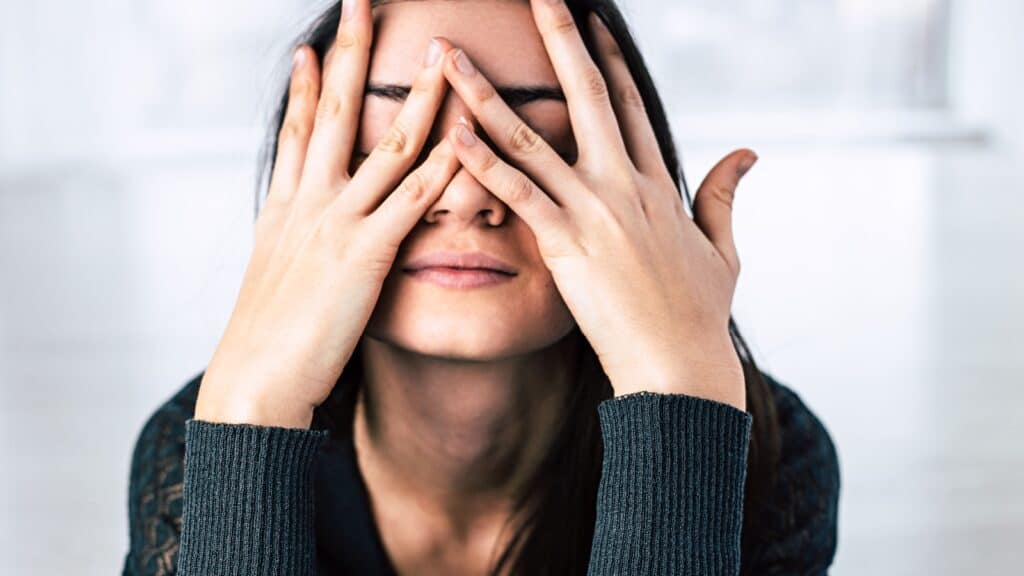
Trauma affects women differently, and many deal with PTSD after experiences such as abuse, accidents, or medical trauma. For years, women often stayed silent about these struggles. Now, with therapy and online communities, women are finding the courage to reclaim their voices.
Body image struggles

Body dissatisfaction impacts women of all ages, not just teenagers. Social media filters and beauty standards have amplified these pressures. Science Direct found that 61% of women feel negative about their body image, with many tying their worth to appearance. By openly talking about body image struggles, women are fighting against harmful beauty standards and promoting more inclusive definitions of beauty.
Eating disorders
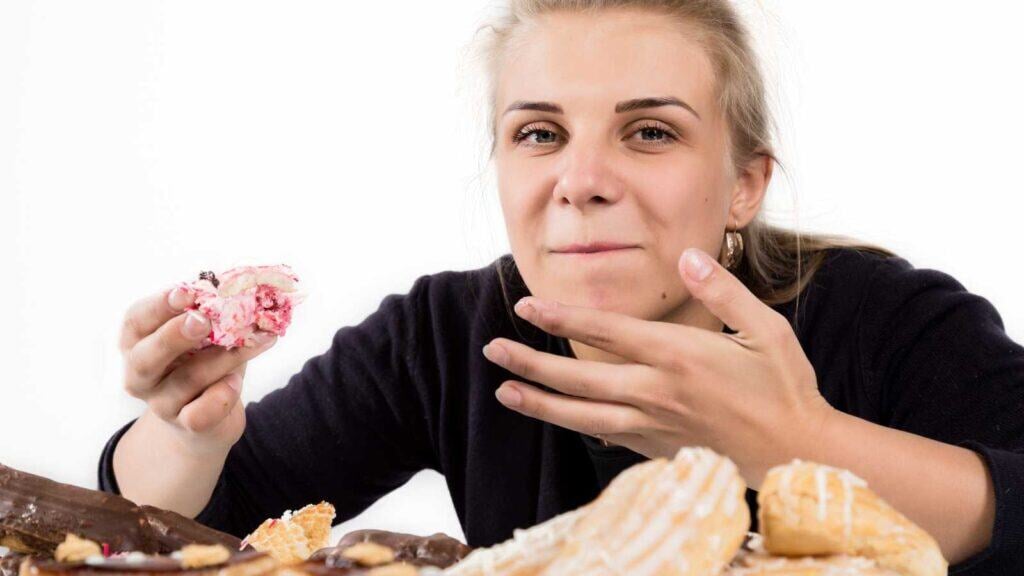
Eating disorders like anorexia, bulimia, and binge eating disorder often remain hidden, but they’re becoming part of larger conversations about women’s wellness. The National Eating Disorders Association reports that 20 million women in the U.S. will have an eating disorder in their lifetime. More women are speaking about recovery journeys online, reminding others that treatment works and that they’re not alone.
Depression
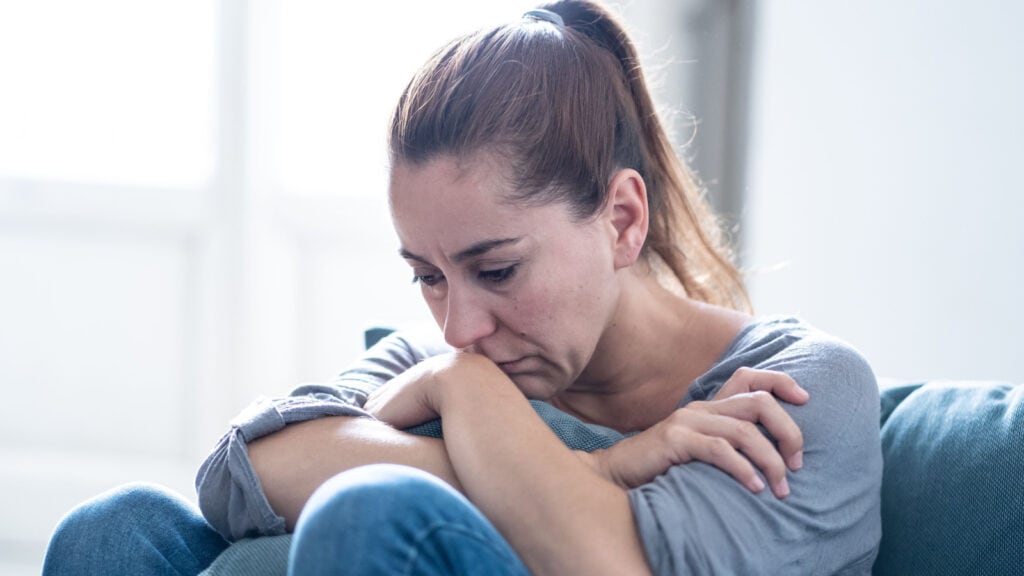
Depression remains one of the most common mental health struggles among women. It doesn’t always appear as sadness; it can be irritability, loss of motivation, or emotional numbness. Women are nearly twice as likely to experience major depression compared to men. Speaking openly about it has helped dismantle stereotypes, proving that depression doesn’t mean someone is “weak” or incapable; it means they need support.
ADHD in women

ADHD has historically been underdiagnosed in women, often mistaken for “just being disorganized” or “too emotional.” But women are now opening up about how ADHD impacts work, relationships, and self-esteem. According to ADDitude, women with ADHD reported that their adolescence was marked by feelings of sadness or depression (70%), rejection sensitive dysphoria (63%), and greater worry or anxiety (58%). Social media has fueled this awareness, creating communities where women share strategies and validation.
Perfectionism

Many women struggle with the pressure to “have it all together.” Perfectionism often leads to self-criticism, burnout, and anxiety. Women are finally opening up about letting go of unrealistic standards and embracing progress over perfection.
Infertility struggles
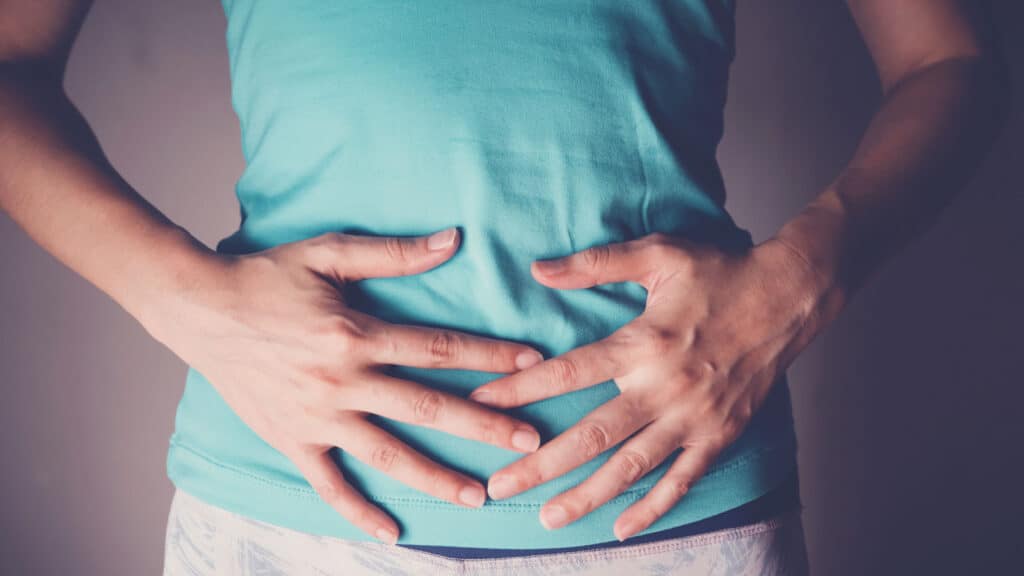
Infertility isn’t just a physical issue; it’s deeply tied to mental health. Women struggling with fertility often report higher rates of anxiety, depression, and feelings of inadequacy. The CDC estimates that 1 in 5 women face infertility in the U.S. By talking about it more openly, women are normalizing the pain, removing shame, and building supportive communities.
15 Things Women Only Do With the Men They Love

The 15 Things Women Only Do With the Men They Love
Love is a complex, beautiful emotion that inspires profound behaviors. We express our love in various ways, some universal, while others are unique to each individual. Among these expressions, there are specific actions women often reserve for the men they deeply love.
This piece explores 15 unique gestures women make when they’re in love. From tiny, almost invisible actions to grand declarations, each tells a story of deep affection and unwavering commitment.






